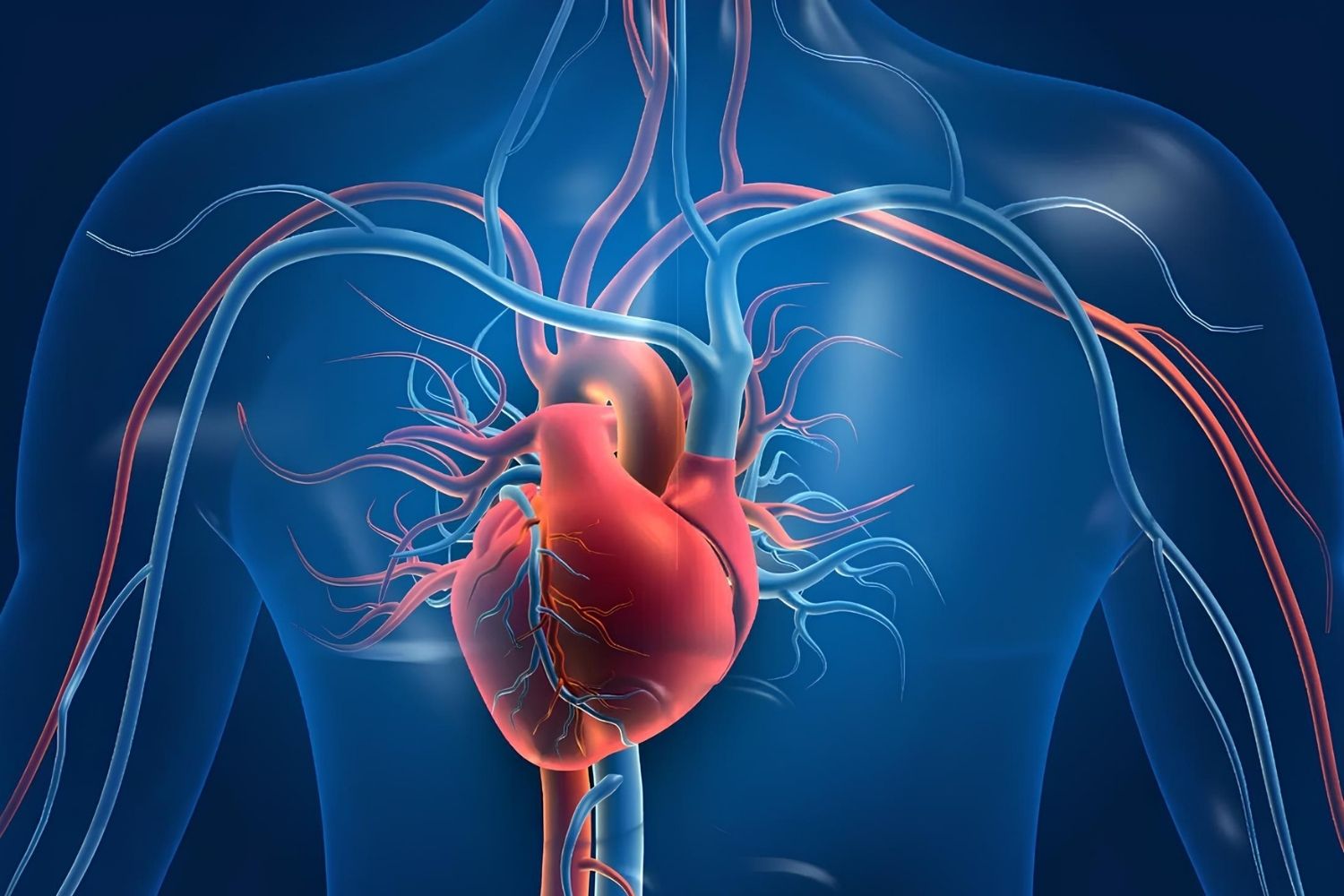
Familial Ventricular Tachycardia is a rare but serious heart condition that can run in families. This disorder causes the heart to beat abnormally fast, which can lead to dizziness, fainting, or even sudden cardiac arrest. Understanding this condition is crucial for those who may be at risk due to their family history. Symptoms often appear in childhood or early adulthood, making early detection vital. Genetic testing can help identify those at risk, allowing for preventive measures. Treatment options include medications, lifestyle changes, and sometimes surgical interventions. Knowing the facts about this condition can save lives and improve the quality of life for those affected.
Key Takeaways:
- Familial Ventricular Tachycardia (FVT) is a rare inherited heart condition causing rapid heartbeats. It requires regular monitoring, medication, and lifestyle changes for management.
- Ongoing research and support networks offer hope and resources for individuals and families affected by Familial Ventricular Tachycardia (FVT), providing better understanding and assistance.
What is Familial Ventricular Tachycardia?
Familial Ventricular Tachycardia (FVT) is a heart condition characterized by rapid heartbeats originating from the ventricles. This condition is inherited and can lead to serious health issues if not managed properly. Here are some key facts about FVT.
-
Genetic Basis: FVT is often caused by mutations in specific genes that regulate heart rhythm. These mutations can be passed down from one generation to the next.
-
Symptoms: Common symptoms include palpitations, dizziness, fainting, and in severe cases, sudden cardiac arrest.
-
Diagnosis: Diagnosis typically involves an electrocardiogram (ECG), Holter monitoring, and genetic testing to identify mutations.
-
Prevalence: FVT is relatively rare, affecting about 1 in 5,000 people worldwide.
-
Age of Onset: Symptoms can appear at any age but often manifest in adolescence or early adulthood.
How is Familial Ventricular Tachycardia Managed?
Managing FVT requires a combination of lifestyle changes, medication, and sometimes surgical interventions. Here are some important aspects of managing this condition.
-
Medications: Beta-blockers and antiarrhythmic drugs are commonly prescribed to control heart rate and rhythm.
-
Lifestyle Changes: Patients are advised to avoid strenuous activities and stress, which can trigger episodes.
-
Implantable Devices: In severe cases, an implantable cardioverter-defibrillator (ICD) may be recommended to prevent sudden cardiac arrest.
-
Regular Monitoring: Regular check-ups with a cardiologist are crucial for monitoring the condition and adjusting treatment as needed.
-
Family Screening: Since FVT is hereditary, family members may also need to be screened for the condition.
Impact on Daily Life
Living with FVT can be challenging, but with proper management, individuals can lead relatively normal lives. Here are some ways FVT impacts daily life.
-
Activity Restrictions: Patients may need to limit physical activities to prevent triggering episodes.
-
Dietary Considerations: A heart-healthy diet low in sodium and caffeine is often recommended.
-
Emotional Support: Psychological support can help patients cope with the stress and anxiety associated with the condition.
-
Medication Adherence: Strict adherence to prescribed medications is essential for managing symptoms.
-
Emergency Preparedness: Patients and their families should be prepared to respond to emergencies, including knowing how to use an ICD if one is implanted.
Research and Advances
Ongoing research is crucial for improving the understanding and treatment of FVT. Here are some recent advances and areas of research.
-
Genetic Research: Scientists are continually discovering new gene mutations associated with FVT, which can lead to better diagnostic tools.
-
New Medications: Research is underway to develop more effective medications with fewer side effects.
-
Improved Devices: Advances in ICD technology are making these devices smaller and more efficient.
-
Gene Therapy: Experimental treatments like gene therapy hold promise for correcting the underlying genetic mutations.
-
Patient Registries: International patient registries are helping researchers gather data to improve treatment guidelines.
Support and Resources
Support networks and resources are available for individuals and families affected by FVT. Here are some valuable resources.
-
Support Groups: Online and in-person support groups provide a platform for sharing experiences and advice.
-
Educational Materials: Organizations like the American Heart Association offer educational materials to help patients understand their condition.
-
Financial Assistance: Some non-profits provide financial assistance for medical expenses related to FVT.
-
Counseling Services: Professional counseling can help patients and families cope with the emotional aspects of living with FVT.
-
Advocacy: Advocacy groups work to raise awareness about FVT and push for better research funding and healthcare policies.
Final Thoughts on Familial Ventricular Tachycardia
Familial Ventricular Tachycardia (FVT) is a serious heart condition that runs in families. It can cause rapid heartbeats, fainting, and even sudden death. Knowing your family history is crucial. If FVT is suspected, genetic testing and regular check-ups are essential. Treatment options include medications, lifestyle changes, and sometimes an implantable cardioverter-defibrillator (ICD). Early diagnosis can make a big difference in managing the condition.
Living with FVT requires adjustments, but with the right care, many lead normal lives. Support from healthcare providers and family is vital. Stay informed, follow medical advice, and don't hesitate to seek help if symptoms worsen. Understanding FVT empowers you to take control of your health. Stay proactive, and remember, knowledge is your best defense against this condition.
Frequently Asked Questions
Was this page helpful?
Our commitment to delivering trustworthy and engaging content is at the heart of what we do. Each fact on our site is contributed by real users like you, bringing a wealth of diverse insights and information. To ensure the highest standards of accuracy and reliability, our dedicated editors meticulously review each submission. This process guarantees that the facts we share are not only fascinating but also credible. Trust in our commitment to quality and authenticity as you explore and learn with us.
